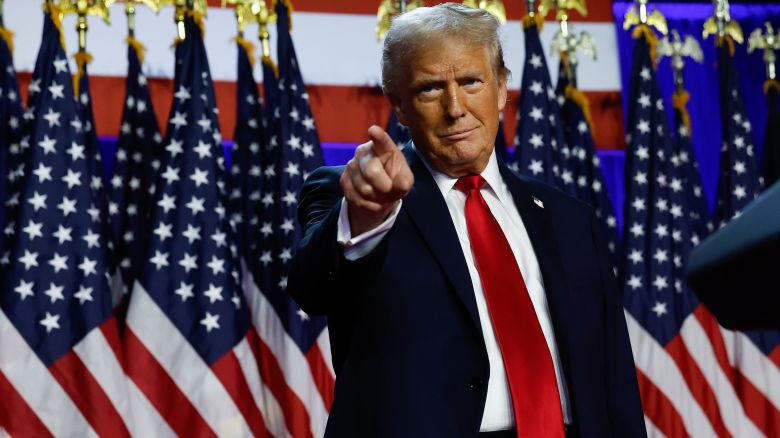Ministers from the BRICS bloc convened in Brazil on Monday for high-level talks aimed at countering the escalating global impact of the U.S. President Donald Trump’s trade policies. The two-day meeting in Rio de Janeiro comes as the bloc seeks to present a united front in addressing the tariff upheaval and explore ways to bolster cooperation among developing nations.
The BRICS alliance—originally comprising Brazil, Russia, India, China, and South Africa—has significantly expanded in recent years to include Iran, Egypt, Indonesia, Ethiopia, and the United Arab Emirates. With partner nations like Nigeria, Malaysia, and Cuba joining this week’s discussions, BRICS now represents nearly half of the world’s population and approximately 39% of global GDP.
The gathering comes just days after the International Monetary Fund downgraded its global growth forecast, citing disruptions caused by Trump’s 10% blanket tariffs.
China, a primary target, now faces import duties as high as 145% on certain goods, with Beijing retaliating by imposing 125% tariffs on U.S. exports. It is China’s desire to leverage this gathering to push back against unilateral trade measures.
- Advertisement -
The officials of BRICS have emphasized the need to reinforce the multilateral trading system. “We are working on a declaration that underscores the centrality of multilateralism,” said Mauricio Lyrio, Brazil’s representative to BRICS.
But as the bloc is exploring ways to increase the use of national currencies in trade, Russian Foreign Minister Sergei Lavrov clarified that talk of a unified BRICS currency remains “premature.” Still, the group continues to seek alternatives to dollar-dominated transactions, a subject that triggered harsh warnings from Trump.
Lastly, while some countries within the bloc advocate for a public rebuke of Trump’s policies, others prefer a more measured approach. This prompted Brazilian ambassador Mauricio Lyrio to clarify that “The view that BRICS is an anti-American bloc is completely wrong. The bloc was created to promote the development of developing countries, not to antagonize rich countries.”








